String Class in java is defined in java.lang package and it is exactly that, a class and not a primitive like int or boolean.
Strings are developed to offer operations with many characters ans are commmonly used in almost all the Java applications
Some interesting facts about Java and Strings:
String in immutable and final in Java and in this case JVM uses String Pool to store all the String objects.
What are different ways to create String Object?
We can create String object using new operator like any normal java class or we can use double quotes (literal assignment) to create a String object.
There are too several constructors available in String class to get String from char array, byte array, StringBuffer and StringBuilderetc etc.
To your Question:
When we create a String using double quotes, JVM looks in the String pool to find if any other String is stored with same value. If found, it just returns the reference to that String object else it creates a new String object with given value and stores it in the String pool.
When we use new operator, JVM creates the String object but don’t store it into the String Pool. We can use intern() method to store the String object into String pool or return the reference if there is already a String with equal value present in the pool.
So when you do
String s1 = "abc";
String s2 = "abc";
those are checked in the StringPool and since s1 already exist there, s2 will take the same reference, hence, s1 ==s2 is true.
but when you do:
String s3 = new String("abc");
String s4 = new String("abc");
you are using the new operator, therefore the JVM is not checking if there is an string already in the heap, it will just allocate a new space for s4, so is s3==s4 ??? of course no.
Please take a look at the image below for a more illustrative example.

